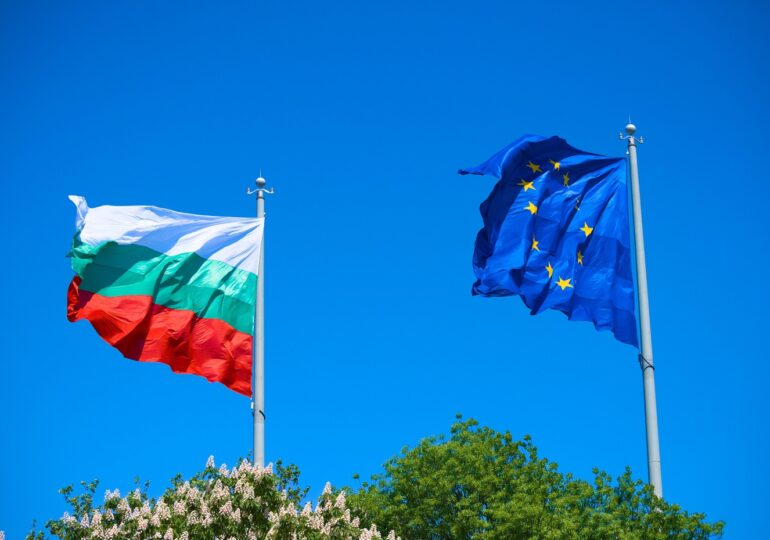Bulgaria meets all the criteria to adopt the euro currency from January 1, 2026, as announced by the European Central Bank (ECB) on Wednesday, after assessing the progress made by the neighboring country in meeting various indicators, from inflation to legislation regarding the National Bank.
„The positive evaluation of the convergence process opens the way for Bulgaria to introduce the euro from January 1, 2026, and become the 21st EU member country to join the euro area,” said ECB Chief Economist Philip Lane.
However, the final decision will be made by the European finance ministers, who are expected to make a favorable decision at the beginning of July, Reuters reports.
After the completion of the political process, officials from the Bulgarian National Bank will be invited to join various groups within the ECB, including the Governing Council, as observers, until formal accession.
Bulgaria has been trying for several years to join the single currency, but the accession date had to be postponed because it did not meet certain crucial criteria, especially regarding inflation.
Specifically, the average inflation rate (calculated by the harmonized index of consumer prices) over the last 12 months must not exceed by more than 1.5% that (respectively, the arithmetic average of inflation rates) of the most performing member states in terms of price stability.
In April, the countries with the best inflation performance were France, with a price increase of 0.9%, Cyprus with 1.4%, and Denmark at 1.5%, while Bulgaria's price growth of 2.7%, just below the reference value of 2.8%.
Starting from January 1, 2002, millions of Europeans from 12 countries abandoned their national currencies, pounds, francs, marks, or drachmas, for euro coins and banknotes. They were later joined by citizens from eight other countries: Slovenia in 2007, Cyprus and Malta in 2008, Slovakia (2009), Estonia (2011), Latvia (2014), Lithuania in 2015, and Croatia in 2023.

